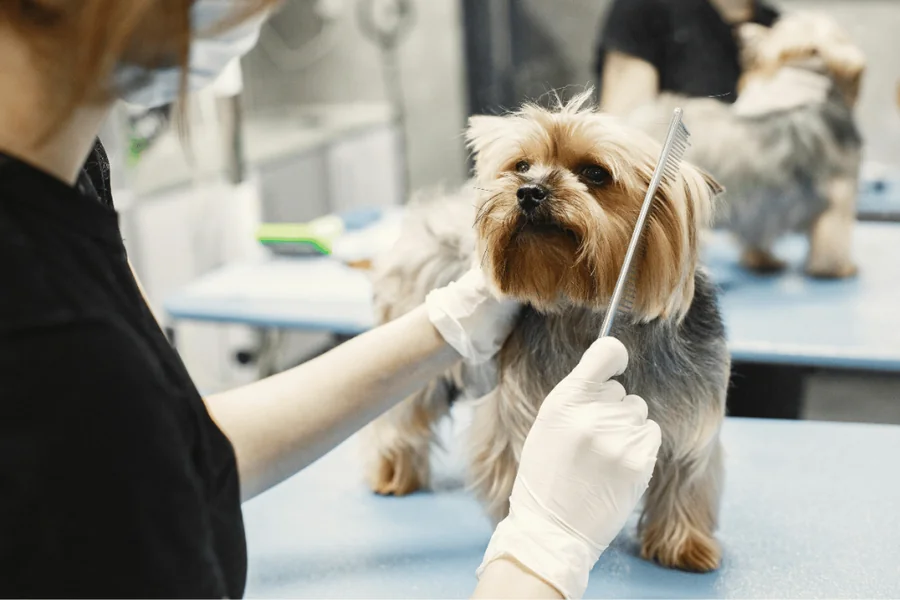Selling a veterinary practice is a significant decision, often driven by retirement plans, lifestyle changes, or the desire to explore new opportunities. While it can be emotionally challenging to part with a practice you’ve nurtured for years, careful planning and strategic execution can ensure a smooth transition and maximize your return.
Understanding the Value of Your Practice
The first step in selling your veterinary practice is understanding its value. A veterinary practice is more than just its equipment and facilities; its worth includes its client base, reputation, staff, and location. Many practices are valued using a combination of revenue, profit margins, and goodwill. Engaging a professional appraiser or business broker with experience in veterinary practices can provide an objective assessment and help you set a realistic asking price. Accurate valuation is crucial—pricing too high may deter buyers, while pricing too low could leave money on the table.
Preparing Your Practice for Sale
Before listing your practice, it’s essential to prepare it for potential buyers. This process includes organizing financial records, updating equipment and facilities, and ensuring your team is trained and committed. Clean, well-maintained premises and accurate, up-to-date financial statements can instill confidence in buyers and streamline the due diligence process. Consider addressing any outstanding issues, such as equipment maintenance or legal obligations, to present your practice as a turn-key operation.
Finding the Right Buyer
Finding the right buyer is one of the most critical aspects of selling a veterinary practice. Buyers may include established veterinarians looking to expand, corporate veterinary groups, or new graduates eager to start their own practice. Each type of buyer has different priorities—some may value long-term client relationships, while others may focus on the profitability of the practice. Using a specialized veterinary practice broker can help you identify serious buyers and navigate negotiations professionally. Platforms like Practice Elite also provide resources and connections to reach motivated buyers efficiently.
Structuring the Sale
Once you have a potential buyer, structuring the sale appropriately is key. Many veterinary practice sales involve a combination of cash upfront and a seller-financed portion, often called an earn-out, which is paid over a period based on future performance. Structuring a sale with an earn-out can provide buyers with confidence and offer you financial security as the practice transitions. It’s also important to outline terms regarding staff retention, patient care continuity, and lease agreements to avoid disruption in operations.
Legal and Financial Considerations
Selling a veterinary practice involves significant legal and financial considerations. Engaging experienced legal and accounting professionals is crucial to navigate contracts, tax implications, and compliance requirements. Issues such as non-compete agreements, transfer of medical records, and insurance policies need careful attention. Proper legal guidance ensures the transaction is structured to protect both parties and prevent disputes after the sale.
Communicating with Staff and Clients
Transparent communication with your staff and clients is vital during the transition. Employees may be anxious about their future, so involving them early and providing reassurance can maintain morale and retention. Similarly, communicating with clients about the sale helps preserve trust and ensures they continue their care with the practice under new ownership. A positive, transparent approach can enhance the reputation of your practice and facilitate a seamless handover.
Maximizing Your Return
Maximizing the value of your practice requires planning and patience. Timing the sale strategically, maintaining consistent financial performance, and addressing potential operational inefficiencies can enhance appeal to buyers. Additionally, highlighting unique strengths—such as specialized services, long-term clients, or strong community presence—can make your practice more attractive and justify a higher asking price.
Conclusion
Selling your veterinary practice is a complex but rewarding process. By understanding its value, preparing thoroughly, finding the right buyer, and navigating legal and financial considerations, you can ensure a smooth transition and maximize your return. Transparent communication with staff and clients further ensures continuity of care and preserves the legacy you’ve built. While parting with a practice you’ve nurtured may be emotional, a strategic approach can transform the sale into a successful and fulfilling next chapter in your professional life.







